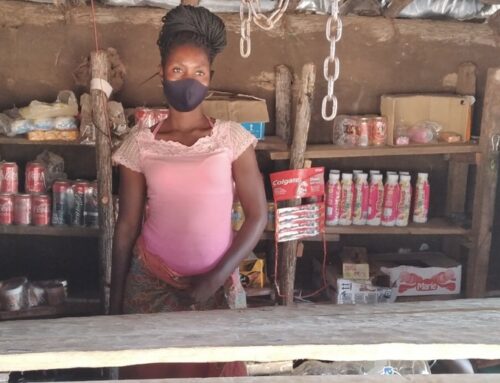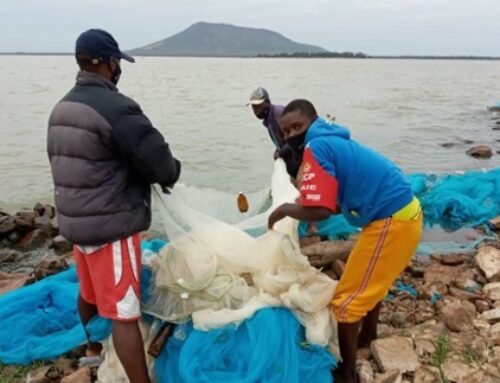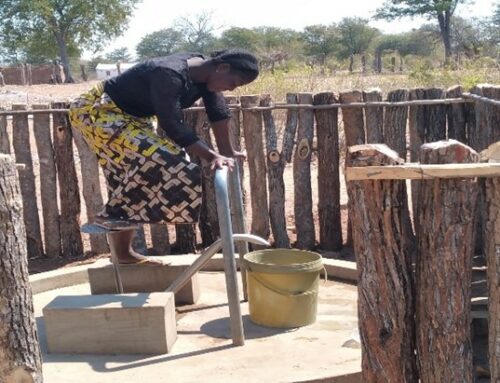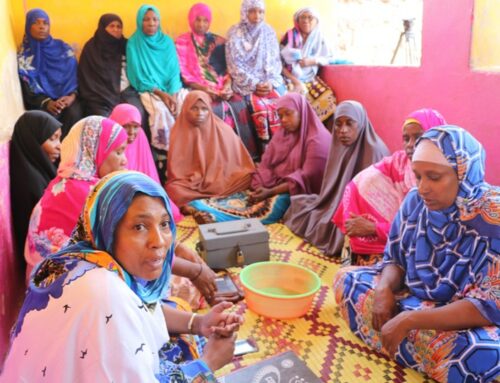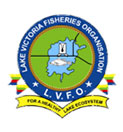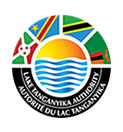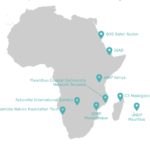Nature blossoms in many beautiful ways and our marine biodiversity is no exception. Unfortunately, human activity may often hinder the natural ecosystem and cause its downfall. Excessive fishing, for instance, is endangering the supply of fishes – a very valuable natural resource, especially in small villages in African countries.
Finding solutions…
The scarcity of fishes has become an alarming problem over the years. In the hopes of countering this situation, associations like ActionAid Zambia (AAZ), Keepers Zambia Foundation (KZF) and Zambia Social Forum (ZAMSOF) decided to address the problems to help communities manage this resource in a more sustainable way. They did so by joining forces with the technical support of the department of fisheries and were able to carry out capacity-building training on sustainable management of fisheries.
Laying the foundations…
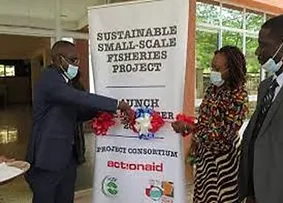 Due to the lack of understanding when it comes to better management of fisheries, it was deemed necessary to hold capacity-building training sessions to lay the foundations for these uninformed villagers. This was done in all the active seven implementation sites.
Due to the lack of understanding when it comes to better management of fisheries, it was deemed necessary to hold capacity-building training sessions to lay the foundations for these uninformed villagers. This was done in all the active seven implementation sites.
A total of 152 women and 183 men were formed to become trainers during the early sessions of the project in the first year. After that, these trainers held sessions to coach other members of the committees. This exercise has enlightened many people on sustainable fisheries management, as well as adequate fishing practices. They understood the different types of fishing gears and methods of fishing; where and how to use these gears, and why use them for the right methods for fishing.
They were also able to get a better grasp of how fishing policies can contribute to sustainable fisheries management. Some sessions even stressed out how communities can come up with laws to contribute to the enforcement of fisheries policies. Furthermore, participants learned how to better manage and practice agricultural activities. The capacity-building sessions enabled them to improve their livelihoods and food security amid climate change, both at their household and community levels.
Coming to fruition…
The Sustainable Small-Scale Fisheries Project is paying off! Participation and involvement of the participants could be observed at all stages of the capacity-building exercises, both in theory and practical sessions… And the results are palpable! The training improved the capacity of women and youth from the community, who now work towards effectively protecting and managing their fisheries. They even set up a co-management leadership system with the department of fisheries to practice and better understand decentralisation and planning processes at community level.
Although progress has been made, there is still a long way to go before being able to fully solve the problems of fisheries depletion. The Village Fisheries Management Committees (VFMCs) observed that they had many challenges such as lack of knowledge in handling illegal fishing gear and activities, poor record keeping, lack of understanding of VFMCs guidelines and duties and lack of resources to support their operations in their communities. Additionally, the VFMCs suffered from lack of recognition by many law breakers as they pursued their illegal operations in the fishing communities.
Well underway, the project is slowly but surely making strides towards sustainable management of fisheries!
